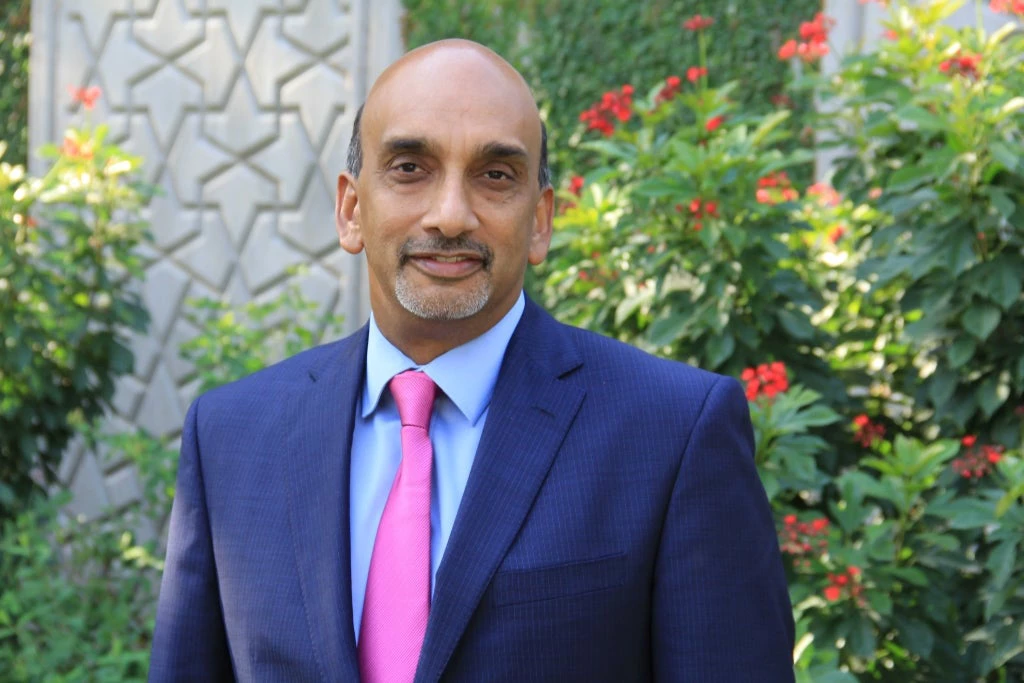 Pakistan@100: Shaping The Future - The Future Starts Now
Pakistan@100: Shaping The Future - The Future Starts Now
As I complete my stay in Pakistan, I am reminded of my first visit in the 90s. A lot has changed. Poverty rates have fallen. Cities have grown and new roads built. In many ways, a lot has also remained the same. Human capital outcomes remain low, the country continues to experience periodic economic boom and bust cycles. The problems faced by the people of Pakistan are largely still the same as they were 30 years ago, while over the same period, people of South Korea, Malaysia, Thailand, and China have increased their incomes several-fold. The time to act is now, for Pakistan to take its place with the countries that have transformed within a single generation.
The time to act is now, for Pakistan to take its place with the countries that have transformed within a single generation
Last year, I highlighted the big changes Pakistan can make for economic transformation. At the core is the issue of elite capture, which has often resulted in reforms being poorly implemented or reversed. Broader economic participation is critical for policy making to become more responsive to citizen needs. These were presented in the World Bank’s flagship Pakistan@100: Shaping the Future initiative, which proposes a pathway for the people of Pakistan to have a prosperous future before the country celebrates its hundredth birthday in 2047.
Since then, the world has changed dramatically with the onset of the COVID-19 pandemic, making existing vulnerabilities even more stark. Growth will remain low in the immediate future, and the gains made in poverty reduction are in jeopardy as many could fall back in poverty. Human capital gains, especially for women, could reverse as households make negative coping decisions. At the same time, the crisis offers us an opportunity to reset old ways of working, and reboot to bounce back better. Pakistan has a young population with bright ideas. The digital economy is likely to thrive as we find new ways of working and connecting. The informal sector, though under threat, has been historically resilient. The debt moratorium with bilateral creditors is likely to offer the country some breathing space.
The COVID-19 crisis offers us an opportunity to reset old ways of working, and reboot to bounce back better. Pakistan has a young population with bright ideas
So, as I reflect, I would like to leave you with three thoughts for a brighter future.
First, Pakistan must put its women first. By closing its gender gap in economic participation, Pakistan could boost annual GDP growth by 30 percent while also enhancing its human capital. Incentivizing girls to stay in school longer, improving access to reproductive health services, providing the opportunity to skill up and transforming social norms on women’s paid work are critical for women to join the workforce, and would also help reduce Pakistan’s high fertility and stunting rates. The enabling environment is key, including at a fundamental level, safe transport, washrooms, childcare support and harassment free workplaces. Progressive legislation and its implementation are also essential to help women to get paid equitably for their labor, take senior or management positions, and be safe from gender-based violence.
Second, fiscal space is required to ensure that Pakistan is able to spend on its people. Many successive governments have been unable to broaden its revenue base, and this hampers effective public service delivery. Fiscal space is also limited by the increasingly unsustainable power sector deficit which is currently equivalent to 4.2 percent of GDP. Rightfully, the government has begun to take action by examining expensive contracts with power producers and to paving the path for bringing in cheaper renewable energy into the mix. Much more needs to be done, including making distribution companies more efficient, better targeting of subsidies to the poor, and bringing greater transparency in transactions and contracts.
This country is resilient in the face of hardship like few others, and its young people are passionate for change. This is the time to make it happen
Third, and exacerbating these and other development challenges, is the issue of inertia in decision making, which is a longstanding problem. Pakistan must urgently update its decades-old regulatory and planning processes and streamline procedures to ensure timeliness, quality, equity and efficiency for its public and private investments. Successful governments have combined planning, budget and expenditure under one roof that provides a coherent approach to recurrent and development budgets. Pakistan must also make more use of technological solutions for transparency and accountability. Government functions including e-procurement must be modernized and service delivery made responsive to citizen needs. The current crisis has shown us that speed is always of the essence, especially when people’s lives are at stake.
There is a long way to go for Pakistan to catch up in terms of inclusive growth and sustainable development, but it is not impossible as articulated in Pakistan@100. I mentioned at the start the many things that have not changed since I first came to Pakistan. One of these is my impression of Pakistan’s people who I have come to know and admire over the last five years. This country is resilient in the face of hardship like few others, and its young people are passionate for change. This is the time to make it happen.
This piece was originally published in Dawn on July 31.


Join the Conversation